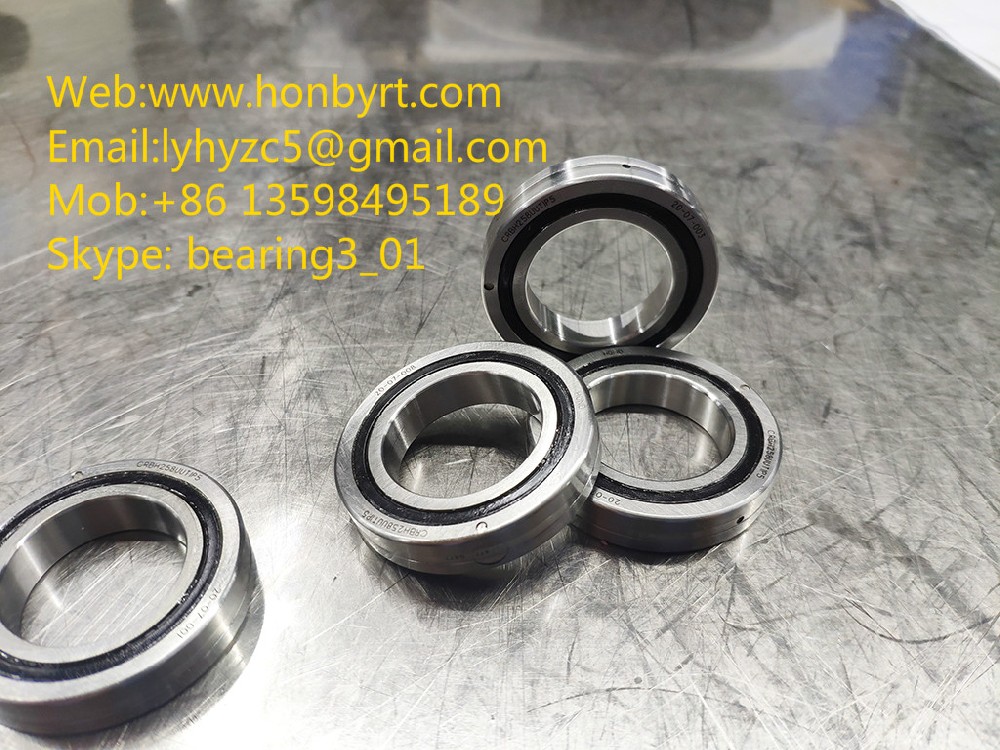What is the impact of improper bearing lubrication on bearings?
For rolling bearings, if the amount of lubrication used is insufficient, an effective lubricating oil film cannot be formed inside the bearing, and effective isolation cannot be formed between the bearing rolling elements and the raceway, resulting in a boundary lubrication state. In this case, the bearing will heat up at best, which will cause wear and surface fatigue between the bearing rolling elements and the raceway. The bearing will therefore not be able to achieve its expected service life.
In actual work, some engineers sometimes adopt the principle of "better to be excessive than to be insufficient" to perform over-lubrication in order to avoid insufficient lubrication inside the bearing. In fact, over-lubrication also has a certain adverse effect on the operation of rolling bearings. First, when the bearing is running, the rolling element cage will stir the grease. Excessive grease will cause increased stirring loss, and the bearing will become hot. As the temperature rises, the viscosity of the lubricant between the contact surface of the rolling element and the raceway decreases, and the friction may increase, thereby increasing the temperature. Under certain conditions, a vicious cycle may occur, causing premature failure of the bearing.


